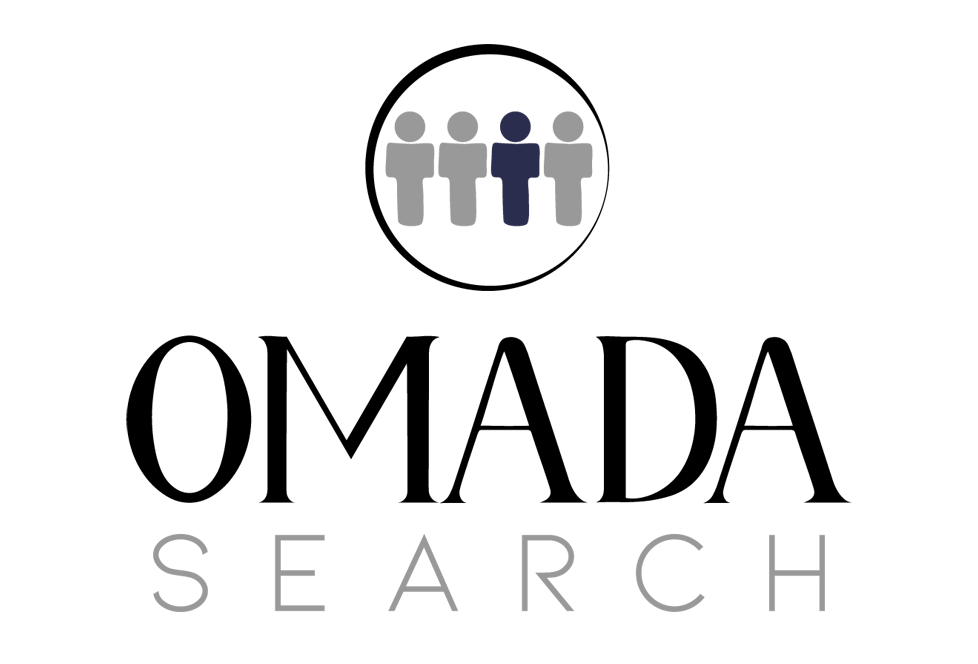At first thought, recruiting (and hiring in general) seems like a straightforward activity.
An opening is generated, we find the right candidate for the role, interviews are conducted, an offer is made, and then in no-time the candidate starts their new job.
On the surface that’s all fine and dandy. However, what lies beneath a simple process is a world of headaches and complexity if that time isn’t being used efficiently.
Timing is everything when it comes to what I do and is one of the pivotal factors in securing the most desirable candidate for a vacancy.
Consider the time to market the role, time between interviews, time to gather feedback, time to make an offer, time to generate the contract, time to onboard, etc.
All of these variables correlate with the probability of finding the best fitting candidate, as well as other factors like a candidate’s level of motivation upon initial arrival in the business.
For instance, waiting too long between a final interview and making an offer can significantly demotivate a candidate and give them the impression that you’re no longer as interested. It can also leave time for other job offers to be presented to a candidate, which ends up costing a hiring manager more by having to offer more or simply settle with someone less qualified for the role.
It’s my job as a headhunter to lay out an easy to follow recruiting process to a client that might not have one to begin with.
Even though we go into detail, it’s our responsibility to make sure we don’t over complicate things because the timing and execution of the process is what truly drives how effective the strategy is. And that’s our specialty.
It’s easy to lay out the steps and escalation of an interview process, but understanding that the timing of those steps is just as important as the process can make or break the final result.
Final thought: timing is that compelling force when strategy and execution collide.
Here are four time related elements to consider that might help speed up your hiring process and ensure the flow of quality talent in the future:
- Be quick in responding to applicants – before and immediately after interviews
- Set reasonable deadlines for each step in the hiring process to stay on track
- Schedule interviews with candidates as applications come in
- Be as helpful and responsive towards applicants – this will help employer branding in the future
Having a strategic partnership with a specialized recruiting agency (like Omada Search) can be a great way to take many of the time-consuming steps off of your to-do list so you can focus on more important functions of your job!
How important is timing to you?





